Pele Tigre Marble
 Portugal
(Borba, Évora District, Alentejo)
Portugal
(Borba, Évora District, Alentejo)
Pele Tigre Marble, also known as Tiger Skin Marble or Black Sparrow Marble, is a stunning natural stone known for its captivating appearance and unique geological features. It is a crystallized white marble that is primarily quarried in Borba, Évora District, Alentejo, Portugal.
Key characteristics of Pele Tigre Marble include:
Color: The base color of Pele Tigre Marble is typically a creamy white, often described as whitish-yellow. However, what sets this marble apart are the striking veins that run through it. These veins can range from bluish-grey to black in color. The interplay of white and these darker-hued veins creates a mesmerizing and dramatic visual effect, reminiscent of the stripes on a tiger's skin.
Crystalline Texture: This marble exhibits a crystalline texture, which gives it a subtle shimmer when exposed to light. The crystals within the stone catch and reflect light, enhancing its overall elegance and appeal.
Variation: Each slab of Pele Tigre Marble is unique due to the natural variation in the veining pattern and color distribution. This individuality makes it a popular choice for those seeking distinctive and one-of-a-kind design elements.
Polish: The marble is typically polished to a high sheen, which further enhances its visual appeal and brings out the intricate details of the veining.
Use: Pele Tigre Marble is often used in interior applications, such as countertops, flooring, wall cladding, and decorative accents. Its dramatic appearance can create a luxurious and sophisticated atmosphere in any space.
Origin: As mentioned, this marble is predominantly quarried in the Borba region of Portugal, which is renowned for its rich deposits of high-quality marble.
In summary, Pele Tigre Marble is a remarkable natural stone with a unique appearance characterized by its crystallized white background and bold, contrasting veins. Its association with tiger stripes, as suggested by its alternate names, adds to its allure and makes it a sought-after choice for high-end architectural and design projects.
PHISICAL-MECHANICAL PROPERTIES
Compression Breaking Load: 810 Kg/cm2
Compression B.L. after Freezing Test: 750 Kg/cm2
Bending Strength: 119 Kg/cm2
Volumetric Weigth: 2710 Kg/m3
Water Absorption: 0,1 %
Apparent Porosity: 0,3 %
Thermal Linear Expansion Coefficient: 8,7 10^6 per oC
Abrasion Test: 2,2 mm
Impact Test: 60 cm
Freeze-Defreeze cycles (no alteration after): 24 cycles
MICROSCOPIC PROPERTIES
Calcite: ~ 99 % Quartz: < 1 %
CHEMICAL ANALYSIS
Al2O3: 0,22%
CaO: 55,39%
Fe2O3: 0,04%
K2O: 0,03%
MgO: 0,51%
Na2O: 0,20%
P.R.: 42,89%
SiO2: 0,86%

Can Portugal's Pele Tigre Marble be used in a office?

Can Portugal's Pele Tigre Marble be used exterior applications in very windy climates?

Why not to use marble for kitchen countertops?

Can Portugal's Pele Tigre Marble be used outdoors?

Is Portugal's Pele Tigre Marble an expensive stone?

Can Portugal's Pele Tigre Marble be used in landscaping?

What grade is Portugal's Pele Tigre Marble?

How thick is Portugal's Pele Tigre Marble slabs?

What is the coefficient of friction of Filled Portugal's Pele Tigre Marble tiles?

Are there color variations of Portugal's Pele Tigre Marble?
-

 Portugal
Portugal
Contact Supplier
-

 Portugal
Portugal
Contact Supplier
-

 Portugal
Portugal
Contact Supplier
-

XIAMEN SHUINAN MACHINE CO.,LTD.
 China
China
 4YRDiamond members are premium members on platform, providing members with comprehensive approach to promoting their products, increasing products exposure and investment return to maximize.
4YRDiamond members are premium members on platform, providing members with comprehensive approach to promoting their products, increasing products exposure and investment return to maximize.
 Verified Supplier is for prove company authenticity,including business license,trade license and effective office space,to enhance buyers' trust to suppliers and their products, reducing communication costs.
Verified Supplier is for prove company authenticity,including business license,trade license and effective office space,to enhance buyers' trust to suppliers and their products, reducing communication costs.
Contact Supplier
-

-

-

-

-

-

 United States
United States
Contact Supplier
The request includes: 1. surface finished, size 2. quantity required
 Ahm***Wrote:
Ahm***Wrote:
I want to buy Pele Tigre Marble- white marble slabs or raw blocks.






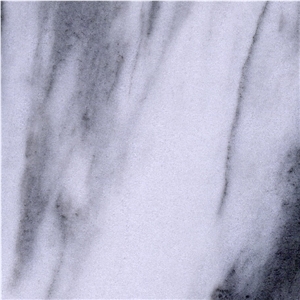
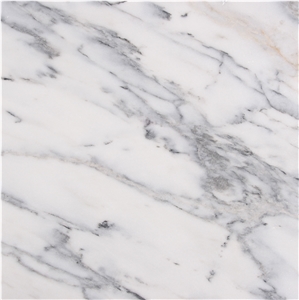

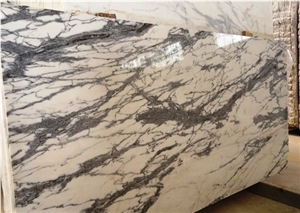
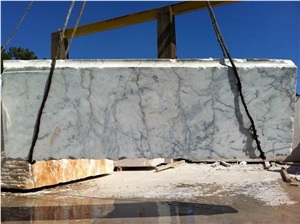
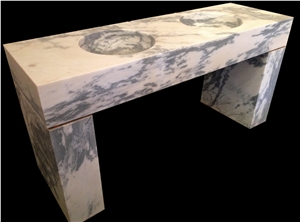
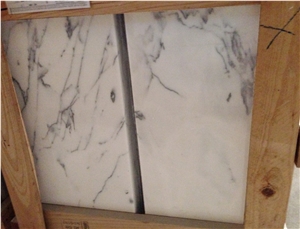
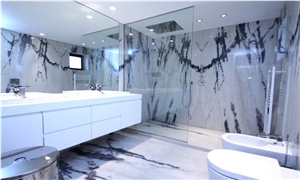
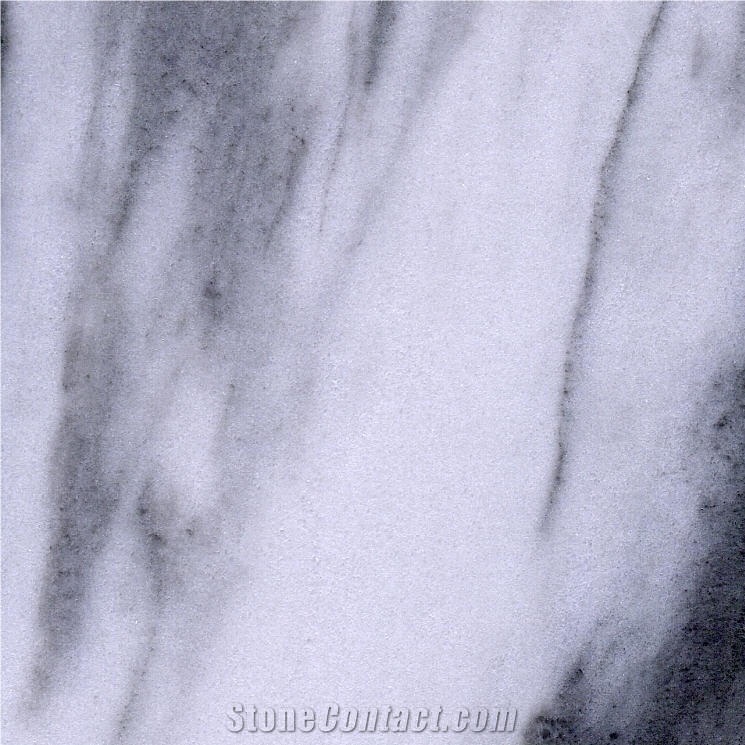
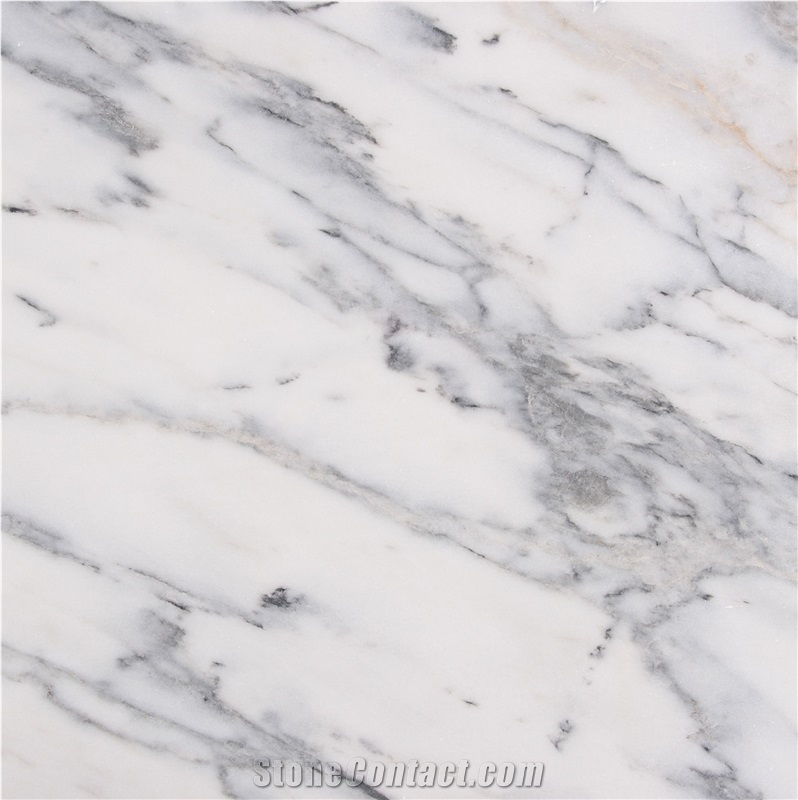

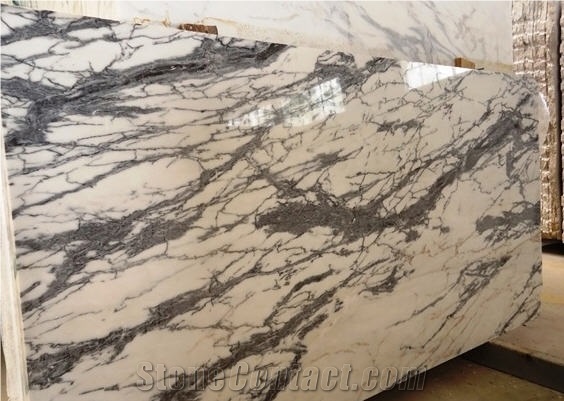
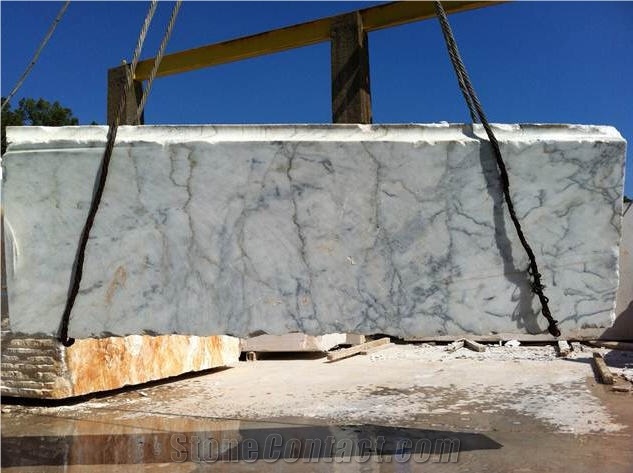
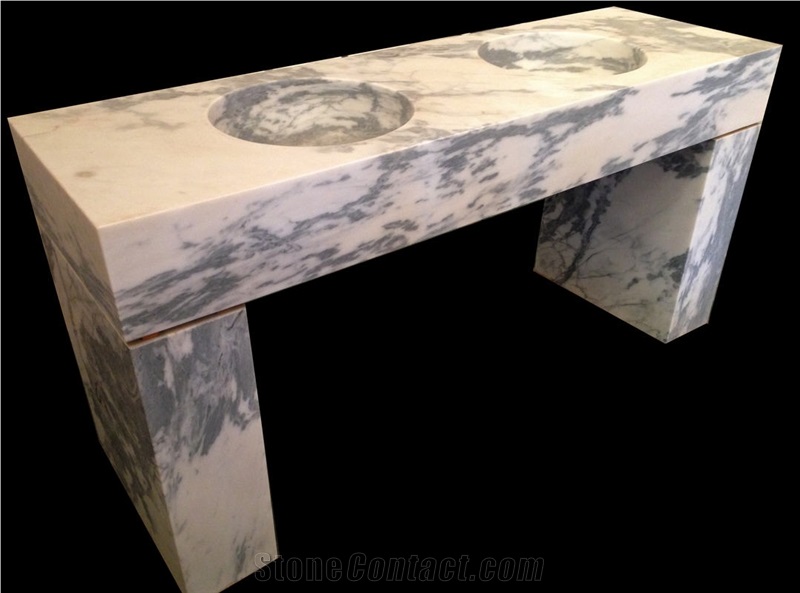
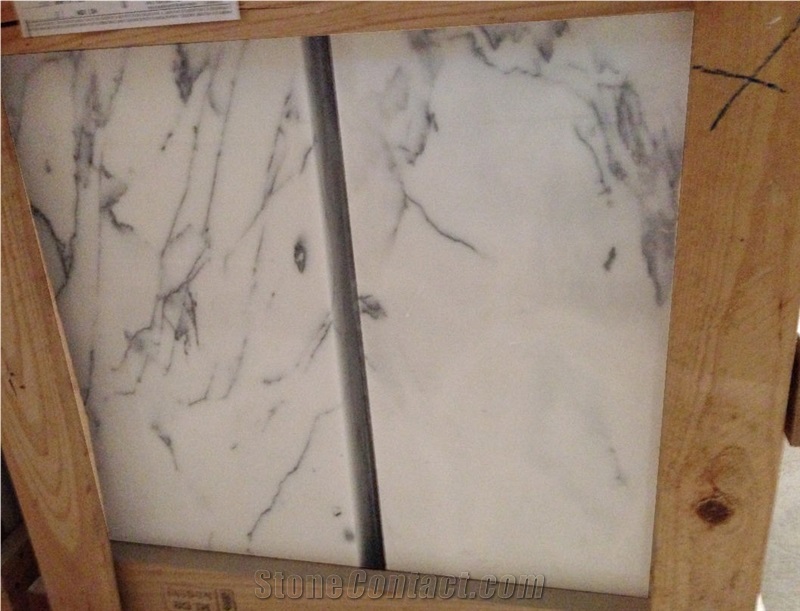
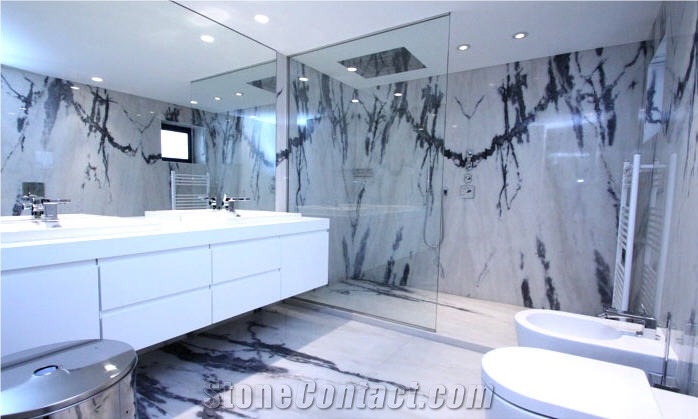
 Mexico
Mexico